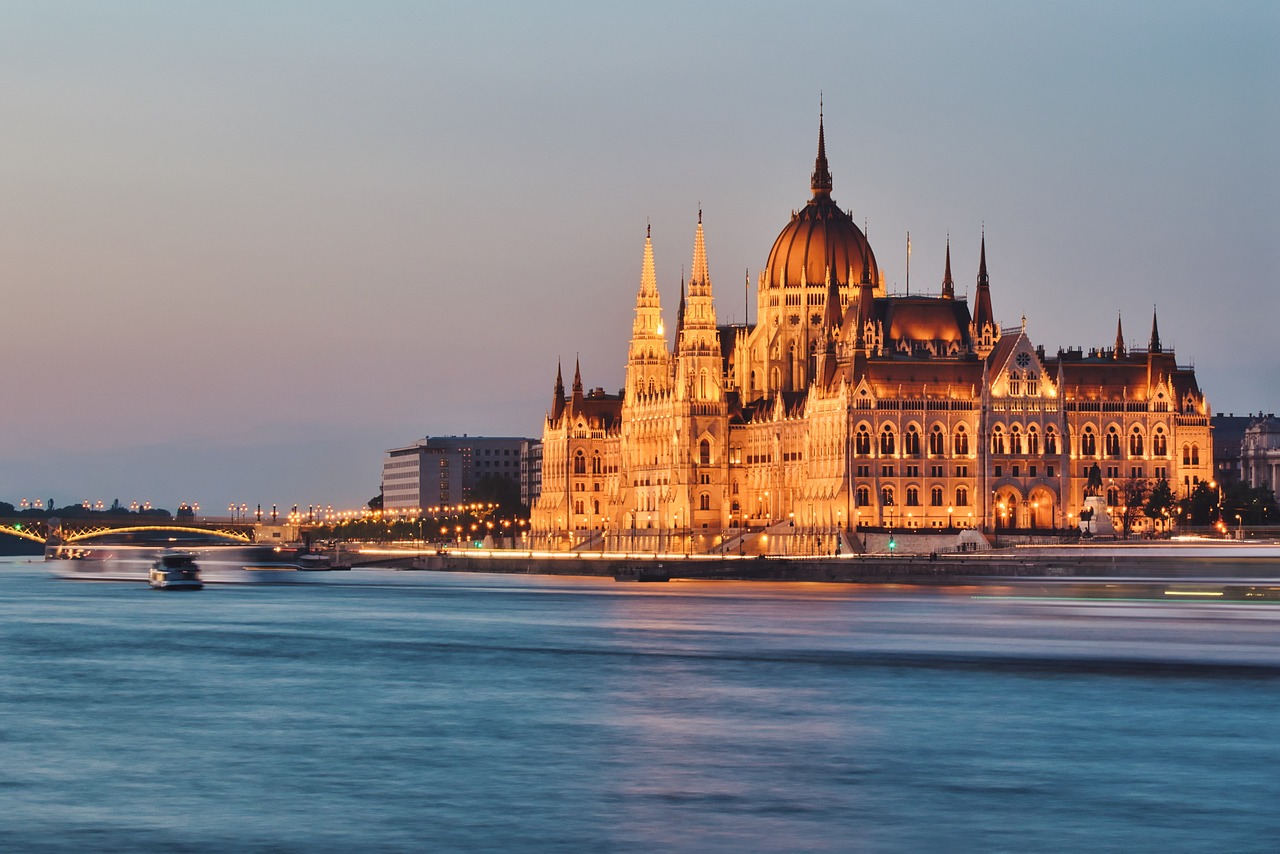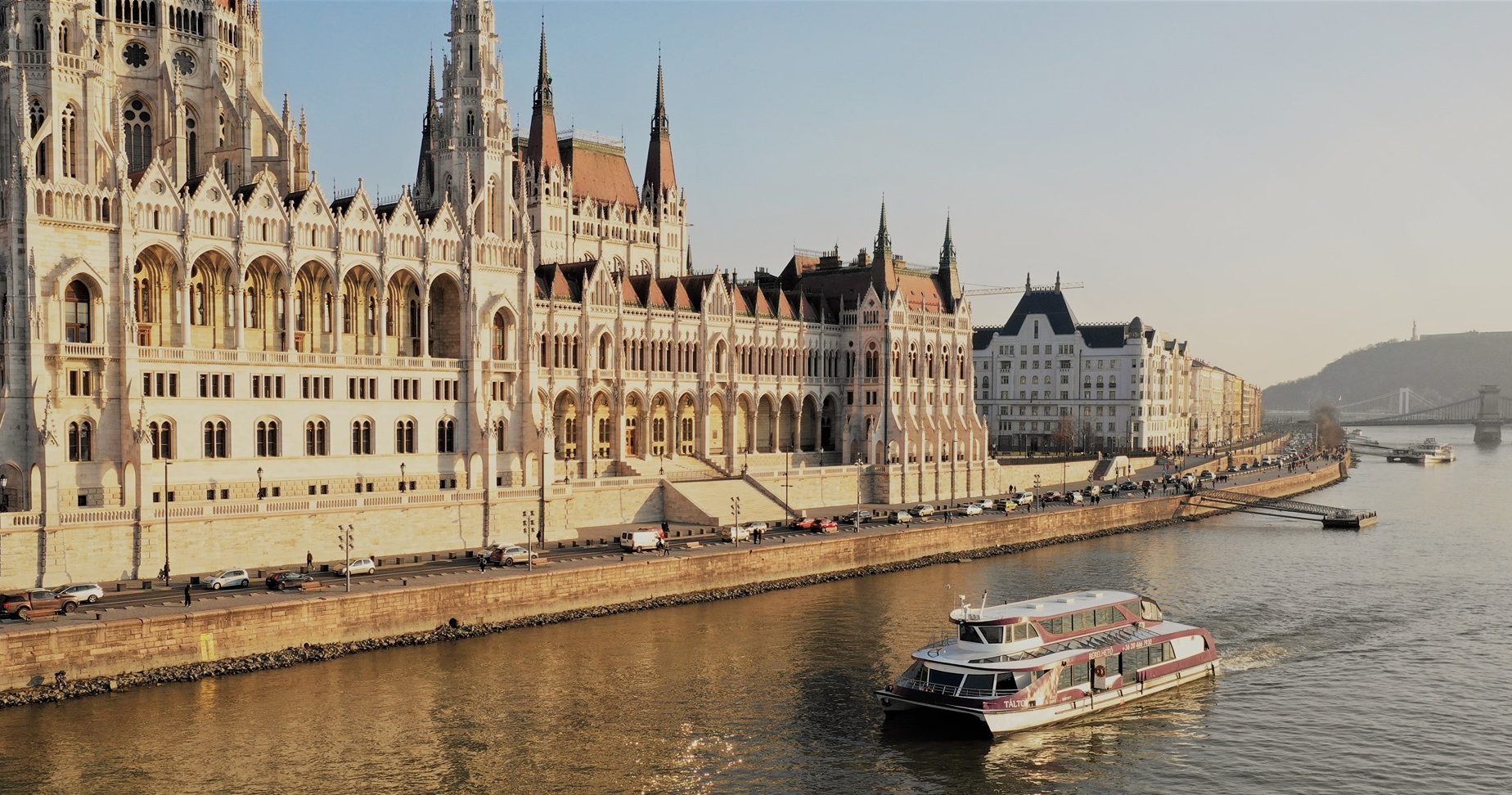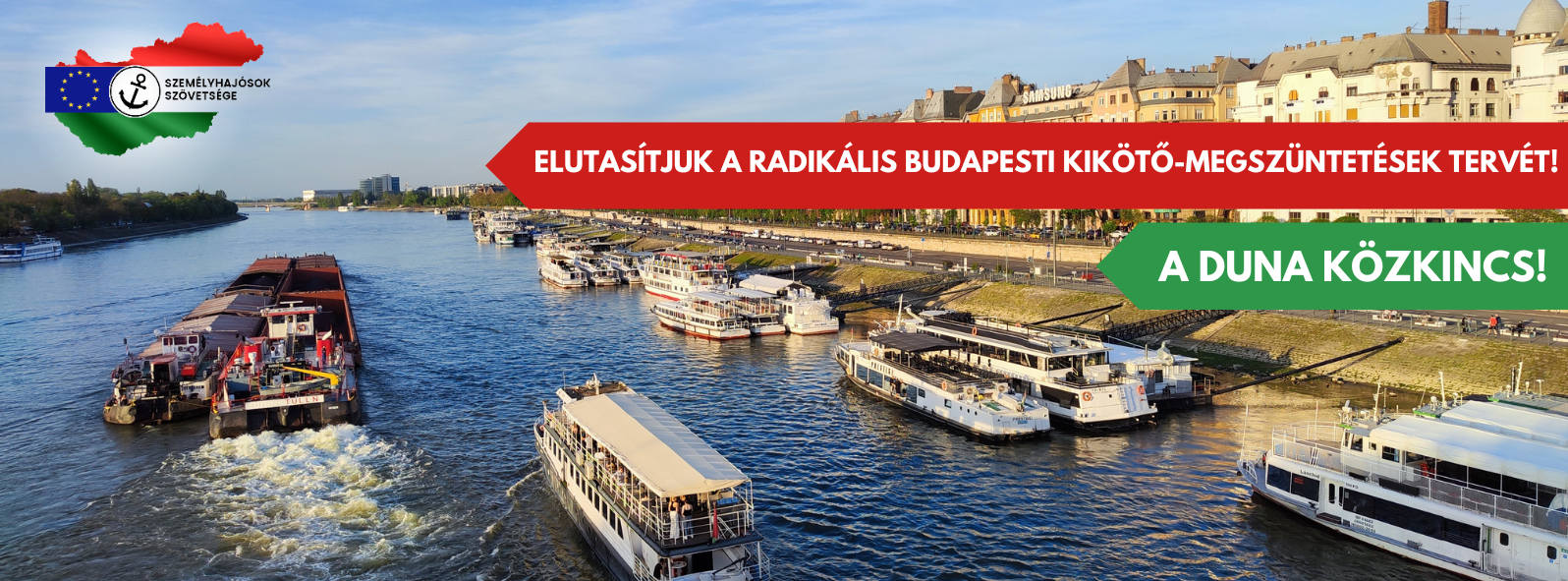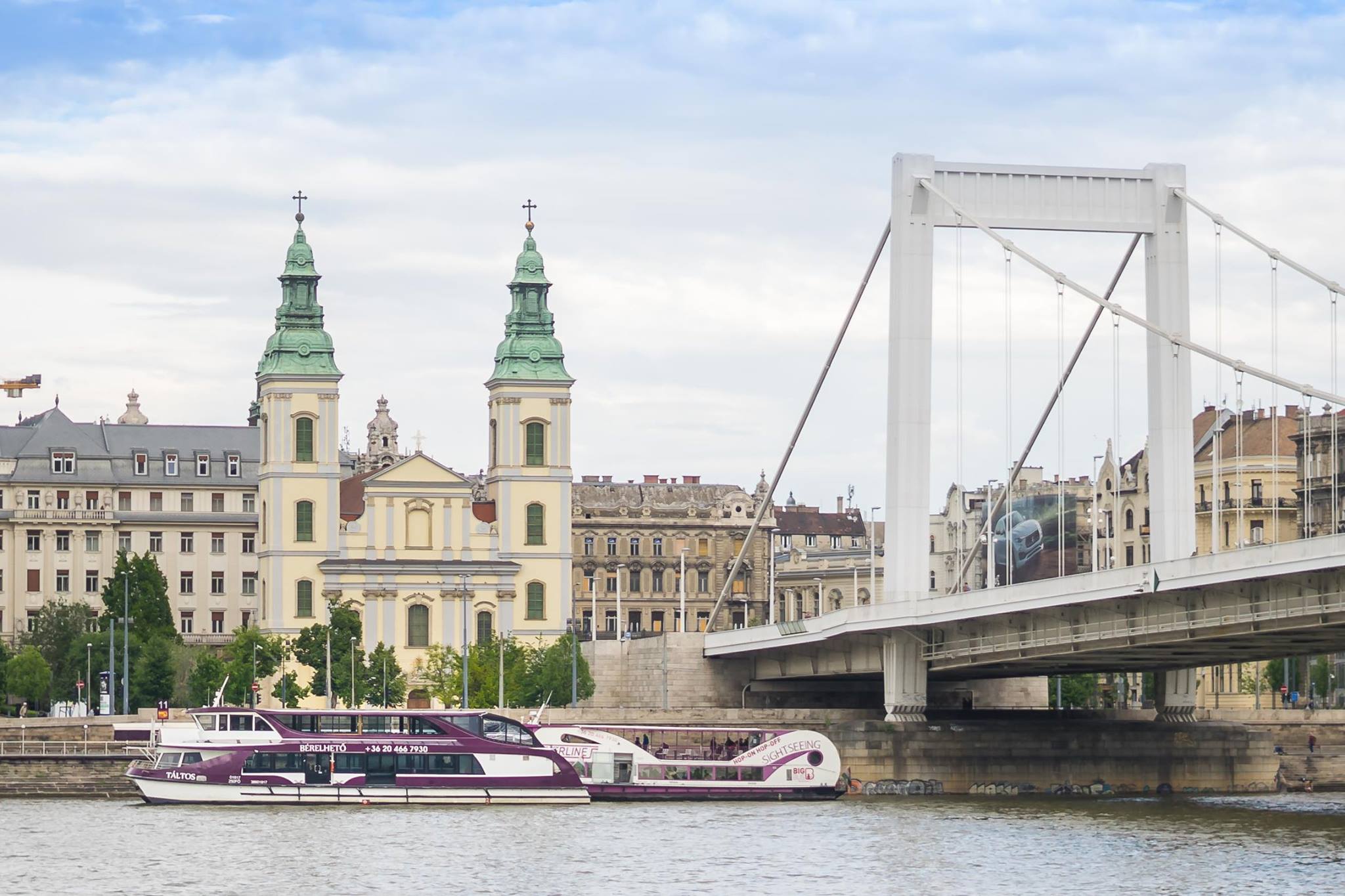
The APT Solara and APT Ostara will operate on Europe's most popular river routes.Continue reading

The livelihoods of tens of thousands of sailors will be put at risk if the Hungarian capital bans large ships from most of its ports and closes down harbors from next year under a proposed amendment to the Construction Regulations on the Danube Bank (DÉSZ). Two shipping organizations say the ports of Budapest should not be closed, but new ones should be created, reports Világgazdaság.
The justification for the proposed amendment is clear: they want to banish boats from the city center, which are a nuisance to residents and spoil the view. “Our aim is to minimize the impact of ships in the ports and strike the healthiest possible balance between the different uses of the river,” said the Mayor. However, some of Gergely Karácsony’s statements are already raising questions.
The National Association of Hungarian Shipping (Mahosz) and the Association of Passenger Boaters totally reject the planned amendment to DÉSZ,
said Mihály Tóth, spokesman for Mahosz on Tuesday. He noted that they were dissatisfied with the preliminary consultation in the capital’s communication, and although they agreed with the announced aim of creating order, they felt that the DÉSZ would not create order but would shift it to other districts, and therefore create problems.

Photo via Facebook/Személyhajósok Szövetsége
“Banning large ships from the city center is not a new idea, it has been around for four years,” Koppány Ajtony Bíró, secretary general of the Association of Hungarian Logistic Service Centers, told Világgazdaság, drawing attention to some problems and possible negative consequences. These are:
According to the expert, the lack of tourist boats docked nearby would have a negative impact on many businesses in the city center. Shops and catering establishments that are partly geared to this type of tourism could lose business. It can also have negative consequences if a foreigner traveling to Budapest finds that he or she is not getting off the boat in the city center in a comfortable and spectacular setting, but in an outlying area, from where he or she has to take a bus.
In addition to embarking and disembarking, tourist boats would have to wait empty in districts, as well as in other unspecified ports outside the city center whose infrastructure is not at all or only partially suitable. Electricity and water supply are not available there. They would therefore have to generate electricity for their own needs with their own generators.
Currently, on the 32-kilometer-long stretch of the Danube in the capital,
However, the 900 or so ports listed in the DÉSZ do not exist in reality, Tóth explained.
The spokesman added that the source of the planned changes, the real transformation of the Danube bank to meet new needs, recreational developments, and parks were missing from the DÉSZ. He recalled that last May, Budapest was included in the Time’s list of the top 50 tourist destinations, and that boat trips are an important part of the programs offered here.
The capital’s plan to keep the inner parts of Budapest free of large tourist boats would also deprive the area’s tourist-based entertainment and hospitality businesses of revenue.

Photo via Facebook/Silverline Cruises
In addition, another problem is that businesses can only rent the ports for one year at a time, making it risky for them to invest tens of millions of forints in development.
Tóth also pointed out that the jobs of tens of thousands of people in the shipping companies concerned would be at risk, and businesses specializing in boat tourism would lose hundreds of millions of euros in revenue if the capital were to adopt the DÉSZ in its current form at its April assembly. The organizations therefore call on the capital to consult them on the content of the proposal.
Via Világgazdaság; Featured image via Facebook/Silverline Cruises